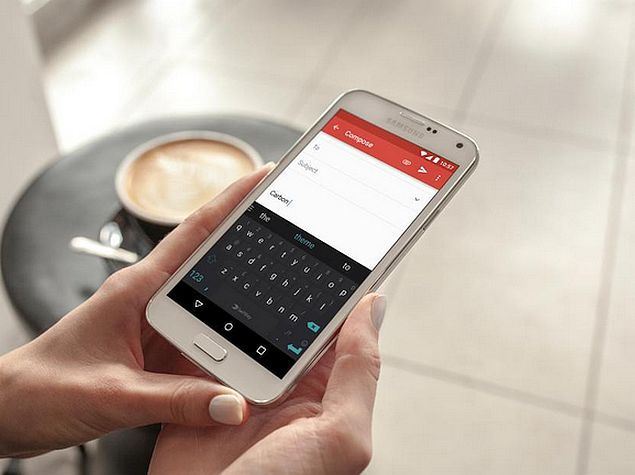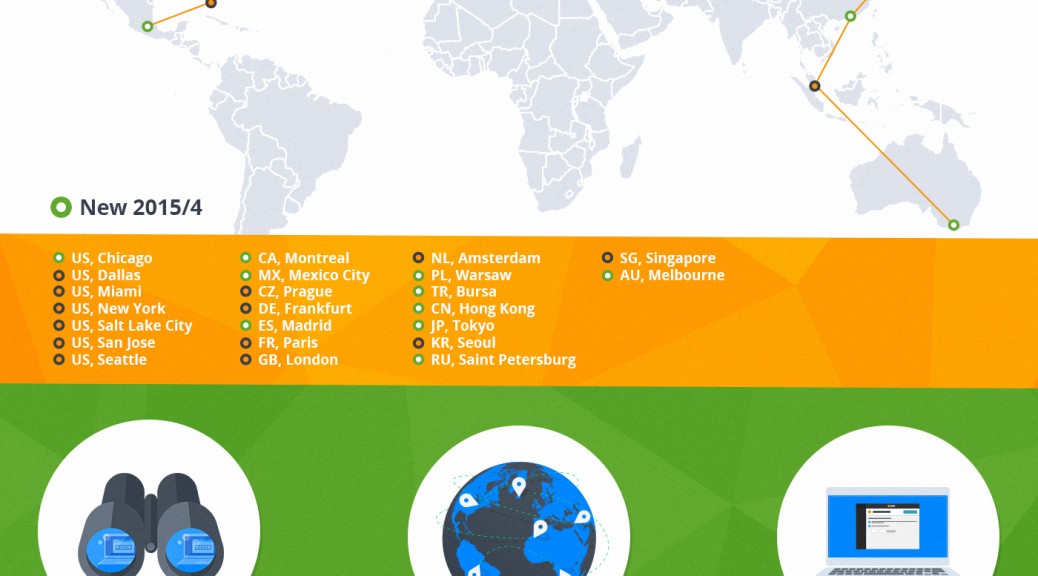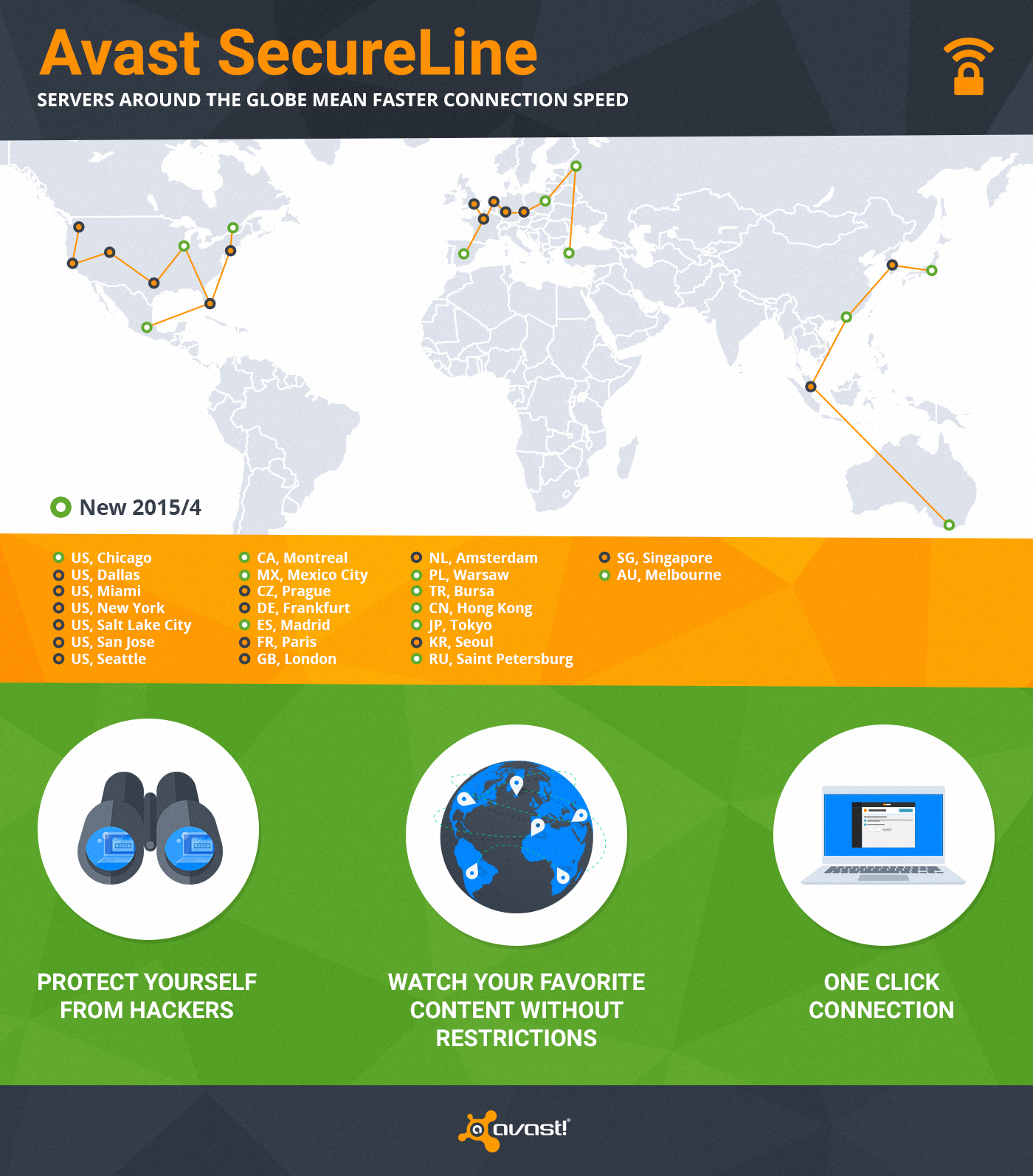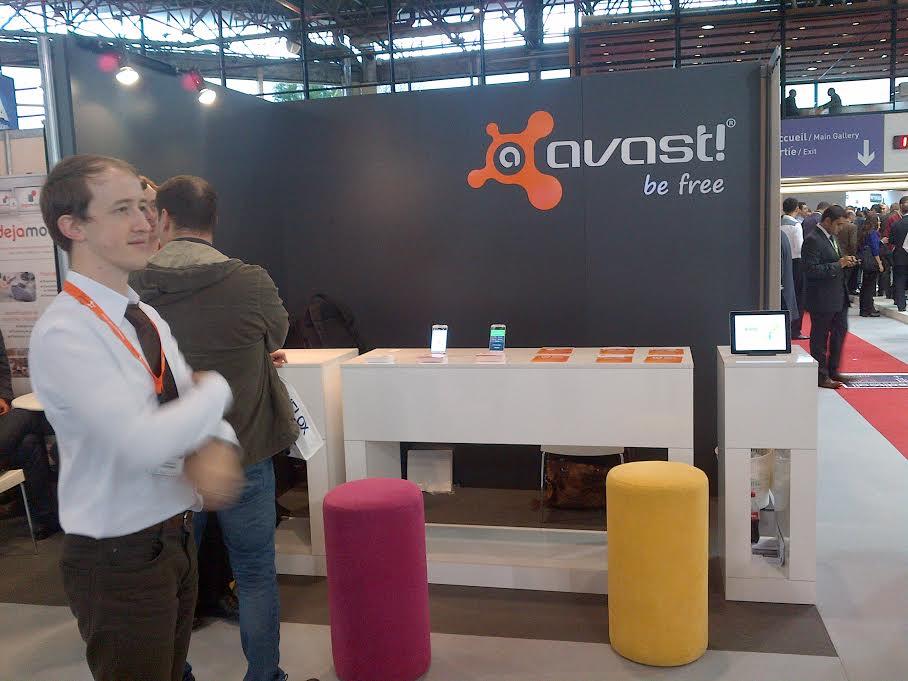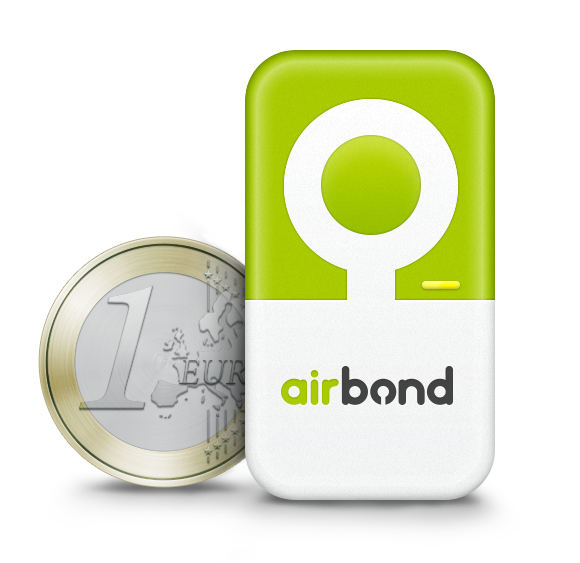If you’re reading this, you probably read Part I of my social experiment, 25 Day Offline Holiday: Can a techie do it? I’m trying to live without the Internet for 25 days while I’m on vacation in Chile. Well, not absolutely without. It’s available, but I’ve banned myself from receiving or answering emails or messages, playing with the apps on my phone… that sort of thing.
I am on an Offline Holiday. Can I survive it?

I discovered that I can run without a fitness app tracking my progress
Day 8. Today, while running under the sun and watching the fields, I wondered what Bob would think about my 25-day experiment? Bob is my fellow Avast evangelist and like me, he’s extremely active on the Avast Forum. He makes presentations all over the United States about security, anti-malware, and how to be safe while connected. I guess he’s never recommended Avast to anyone offline. All he must be doing, while I’m on my offline vacation, is teaching people to be protected, have their antivirus fully updated, and so forth.
And what about David, another Avast evangelist? I wonder if he is solving all the issues on the Avast Forum? Would he survive in England without being connected? What about Asyn? Has he recommended that you read any Avast Blog articles yet? And Polonus? Is he fighting off online malware?
I’m not sure what my friends are doing, as I’ve been offline for over a week now.
Look for yourself: Join the Avast Community Forum and meet real people that can guide you through online security. Tell them I said hello.
Day 9. Nothing new. I’m bored because I can only read the local newspaper. I have a lot of time to watch movies. My health is very good: I lost some weight. But I don’t know for sure. Maybe it’s wishful thinking since I’m not following my app.
Day 10. I love ice cream and today I have one. Isn’t life beautiful?
As I write this, my thoughts drift back to what I enjoy doing the most when I’ve got an Internet connection – helping people stay secure when they’re online. If you’re connected, you need to be safe.
I can’t imagine connecting to the internet without the protection of Avast SecureLine in all these cafes offering public Wi-Fi. As I sit here eating my ice cream, and not looking down at my phone, I watch the people. It’s a pity that I can’t teach all of the guys here that their internet traffic could be eavesdropped on without a proper VPN. Well, Avast Mobile Security team, at least I’m safe since I’m offline. Plenty of work for you…
Here, the sun is in the sky, and I have all day to enjoy myself. OK, now what…?
Day 11-13. Nothing new during these past few days, I mean, nothing interesting enough to be written about here in the Avast blog. As I don’t know if Deborah published Part I, maybe these musings are useless?
I may be offline, but my thoughts are connected to my work with Avast. I miss everyone and hope the Avast team is working hard to protect more than 230 million people round the world. They have one less to protect for another week and a half.
Did you see the picture of the Avast Virus Lab some days ago? Wow, all that malware coming to your devices. But I’m sure if you’re reading this, you are smart enough to protect both your notebook and your mobile devices.
Day 14. Hmmm… I wonder if this blog is useful to anyone? Did anyone comment on part one? Did our social media team receive any comments about my experience on Facebook or Twitter?
The worst part about being offline for the past 14 days, is that I don’t really know what is happening. No feedback. No likes, plus 1s, or retweets. No news is good news, I suppose.
Follow Avast on Facebook, Twitter, YouTube, and Google+ where we keep you updated on cybersecurity news every day.
![]()

